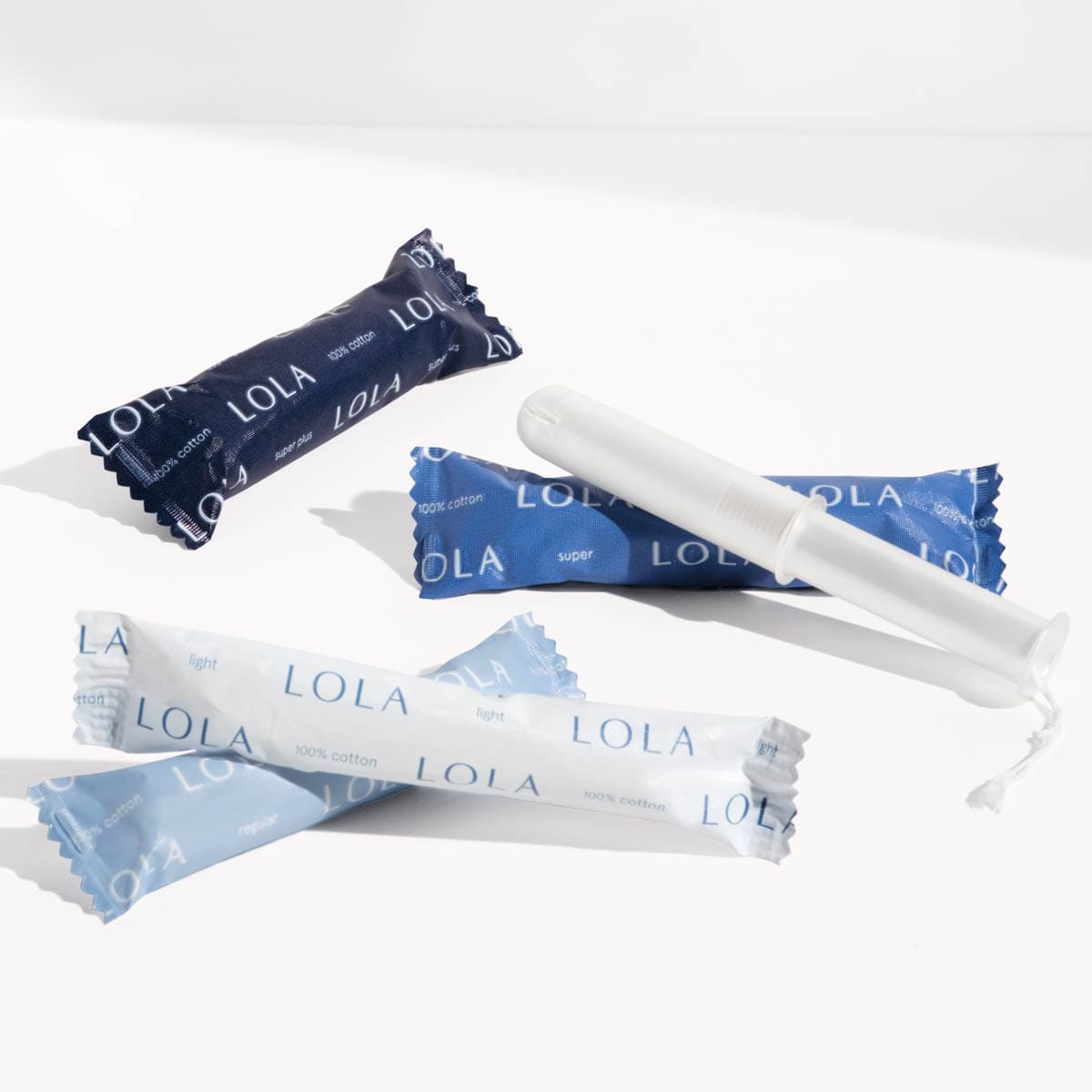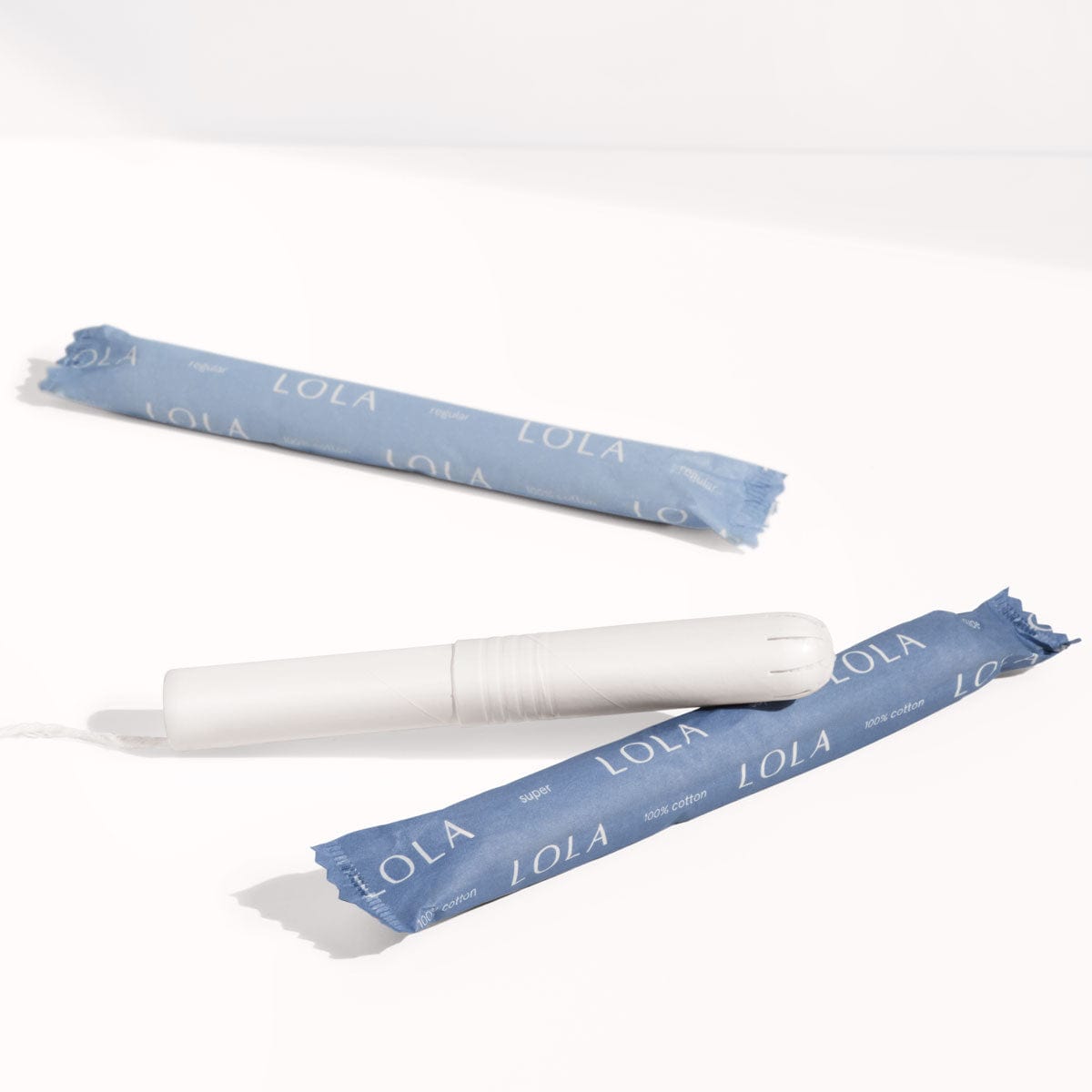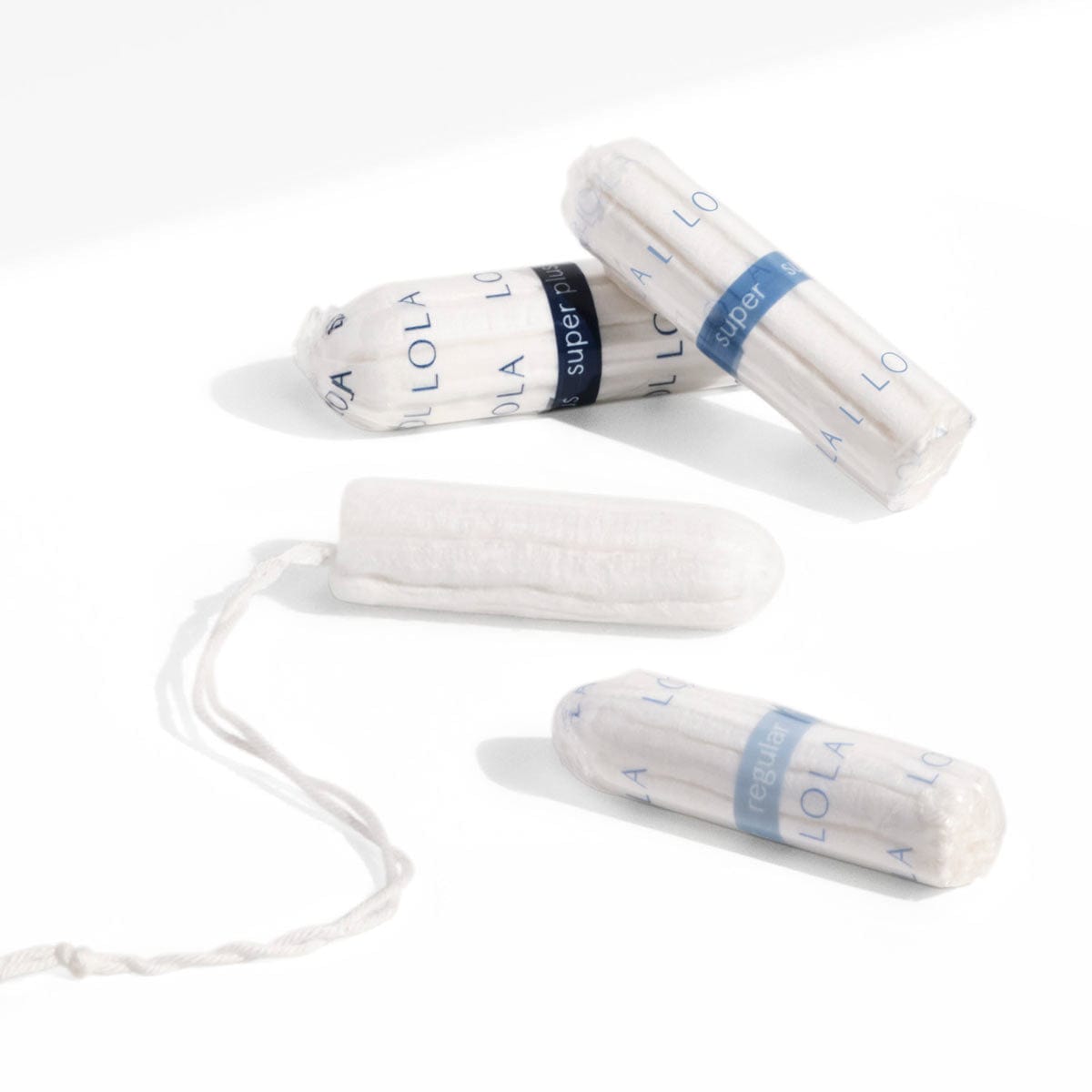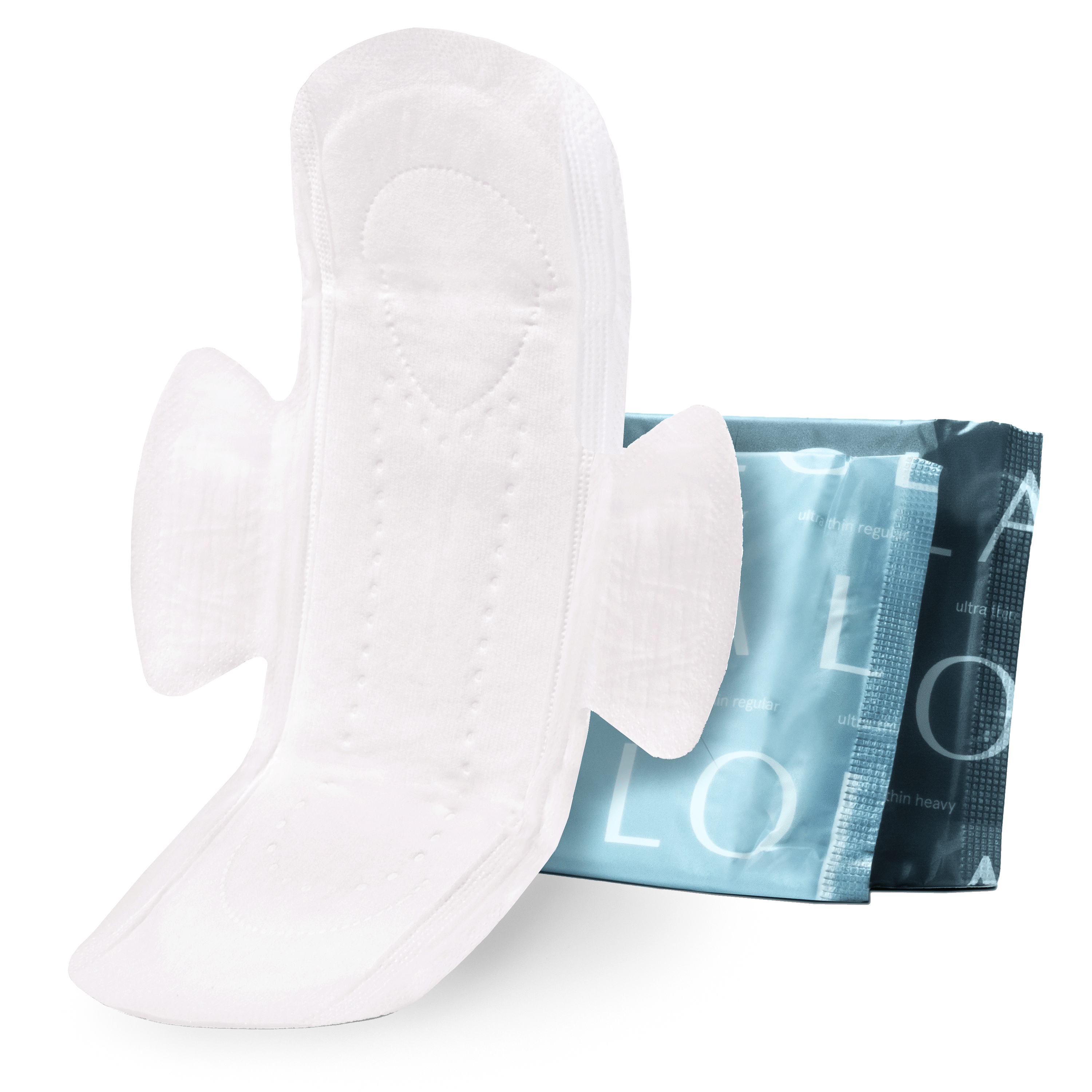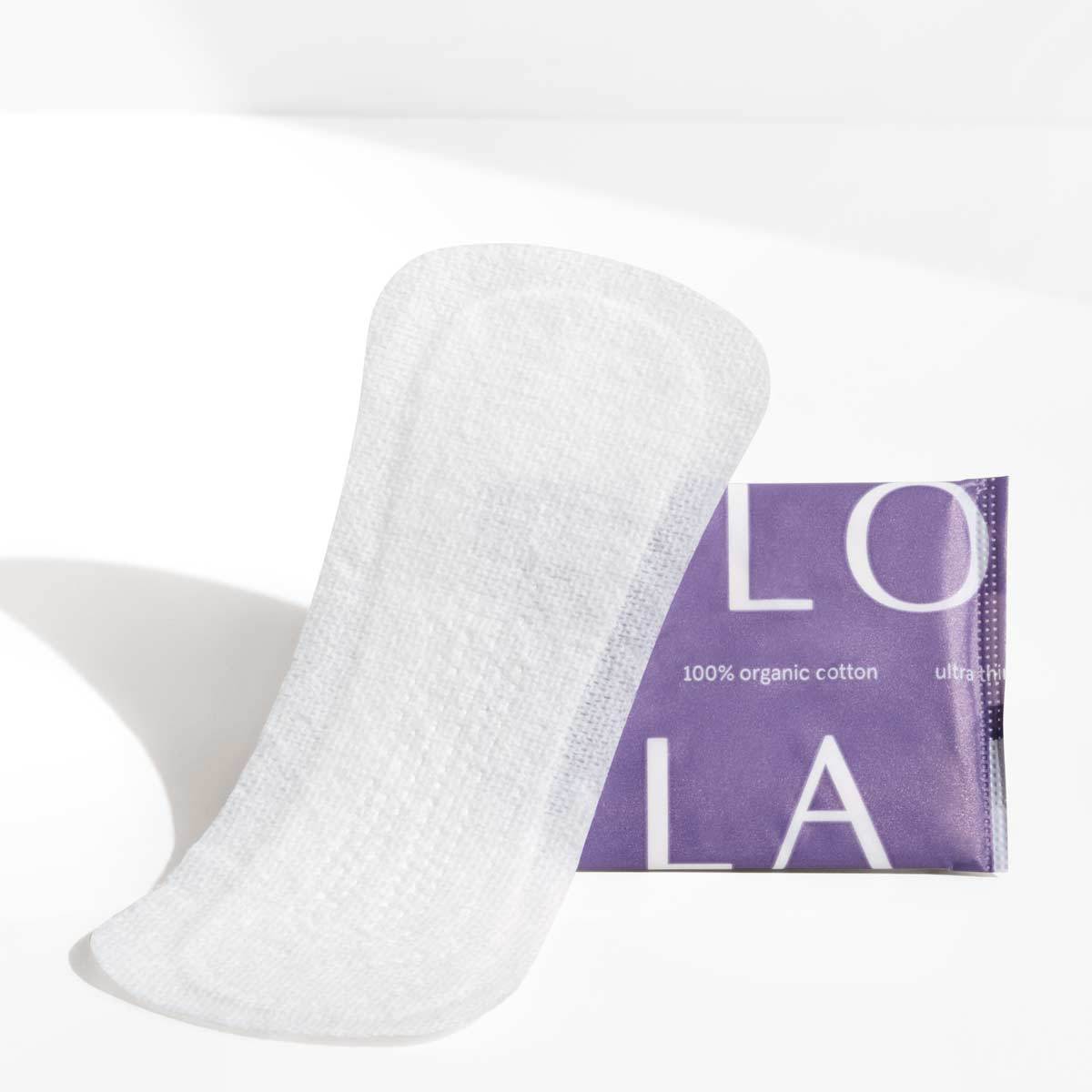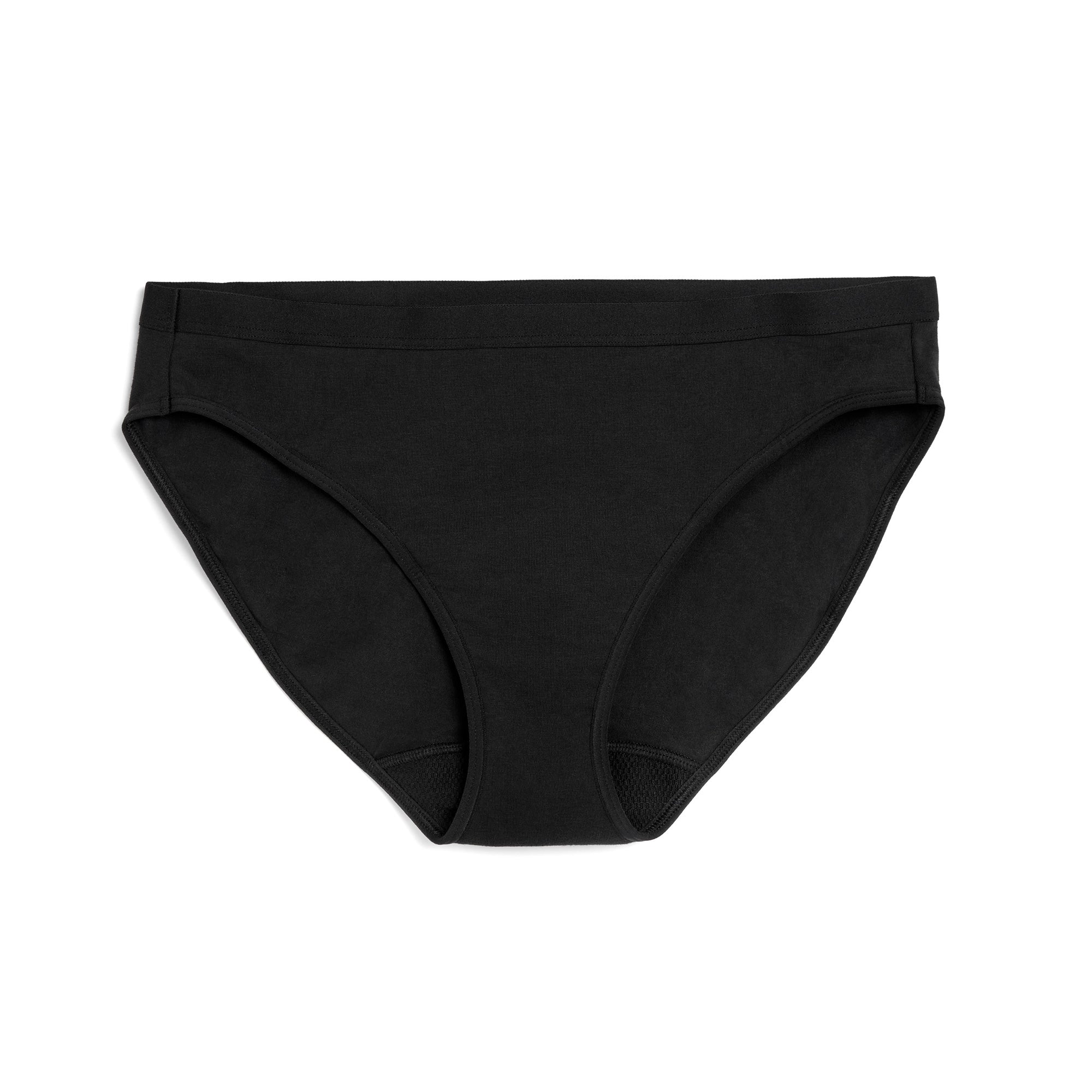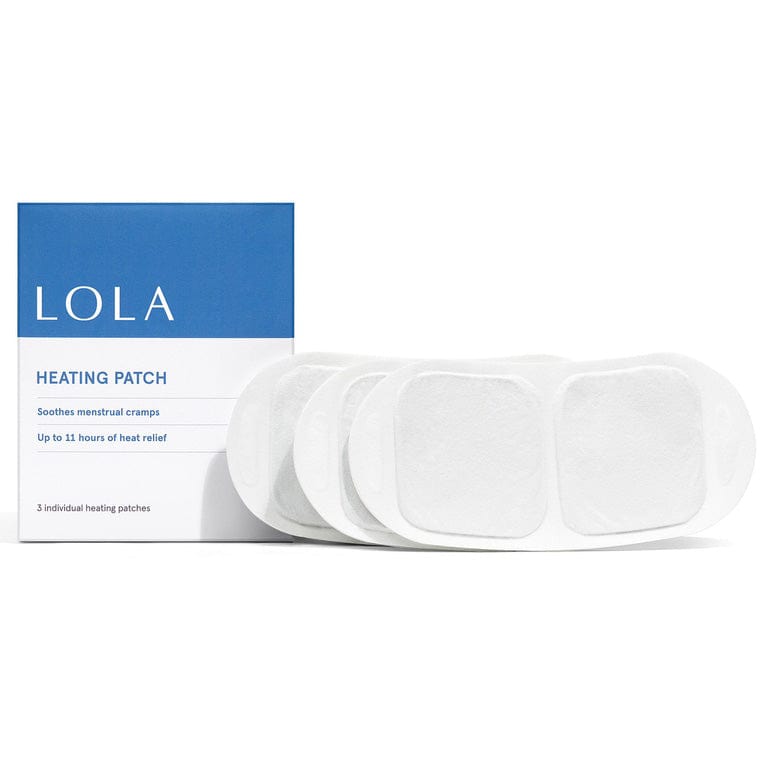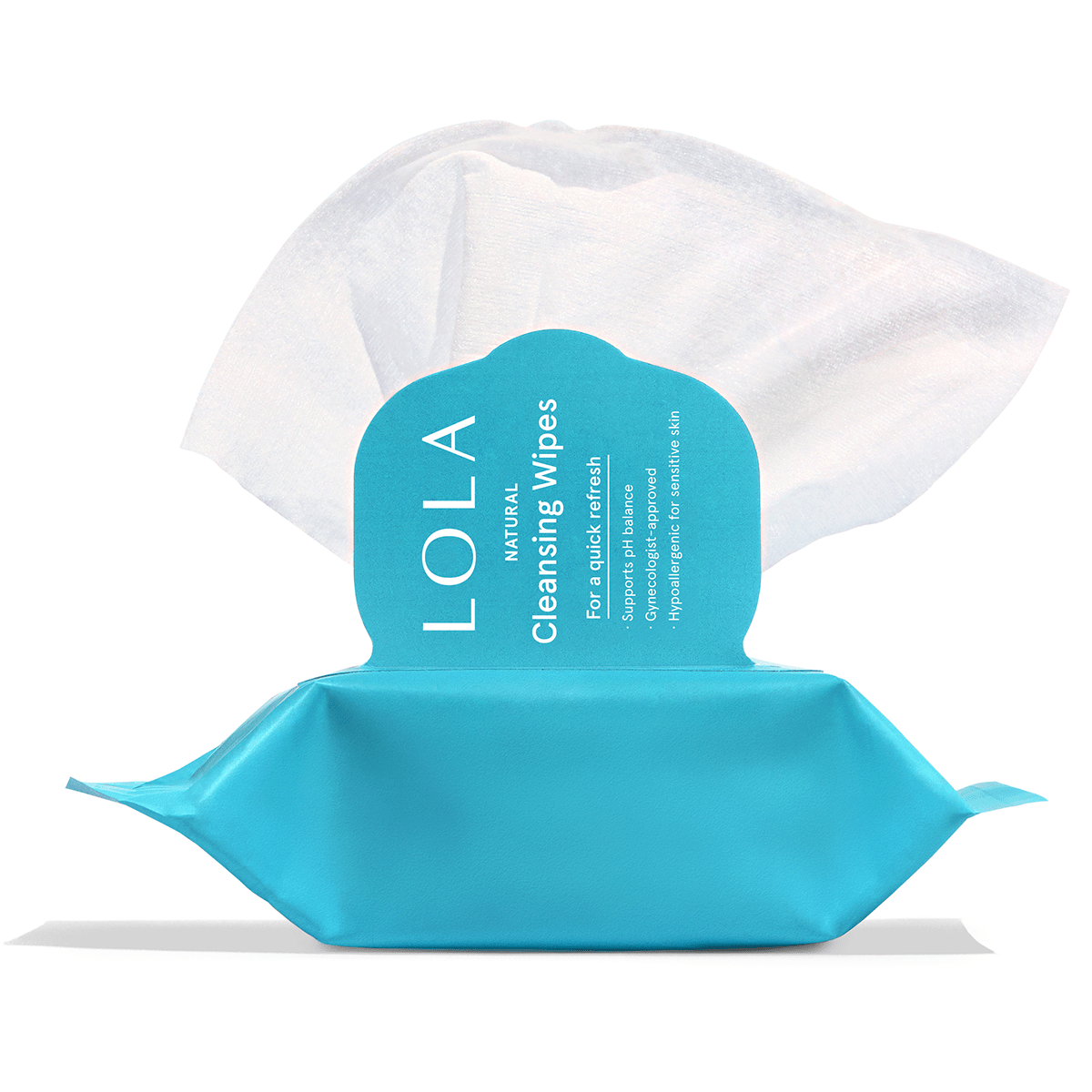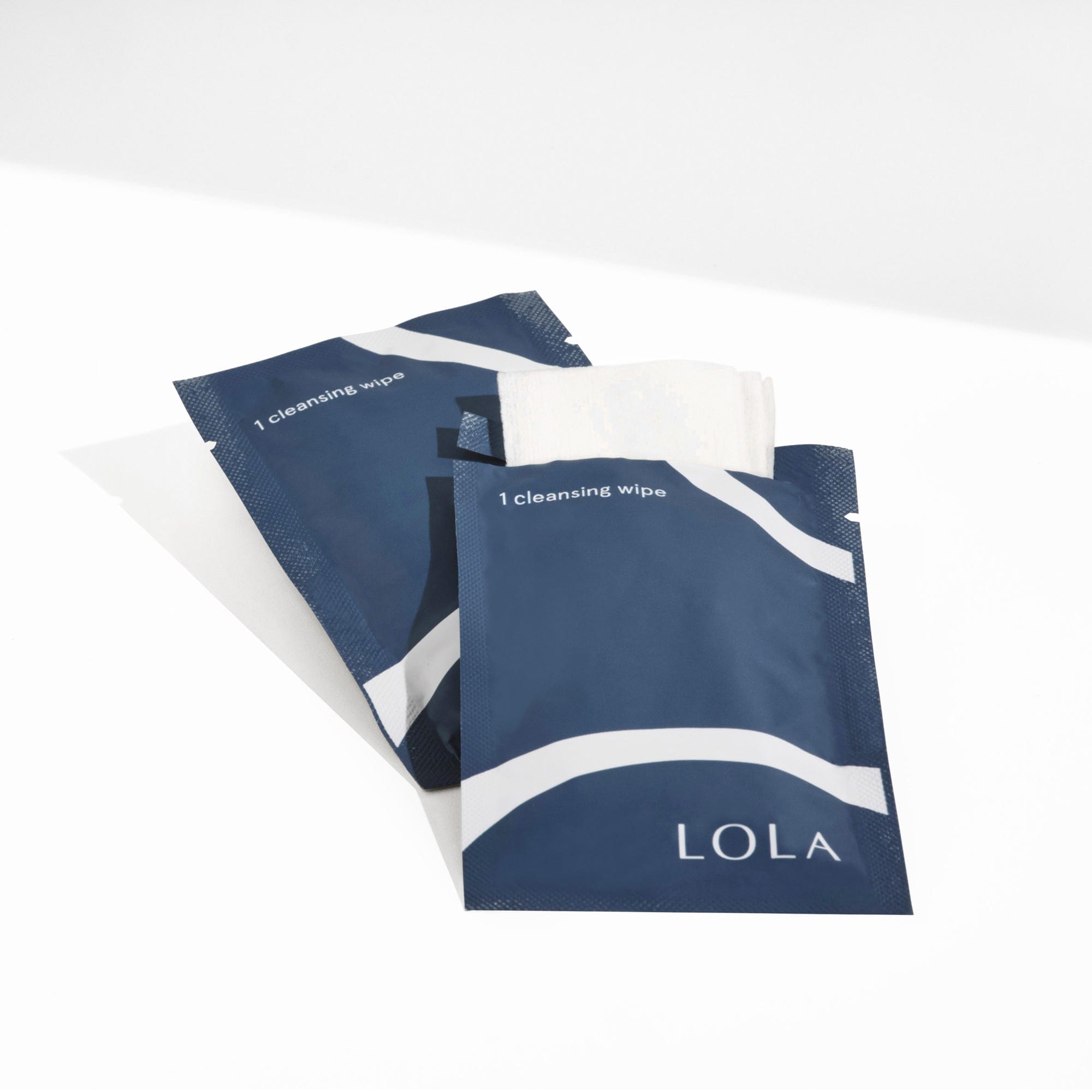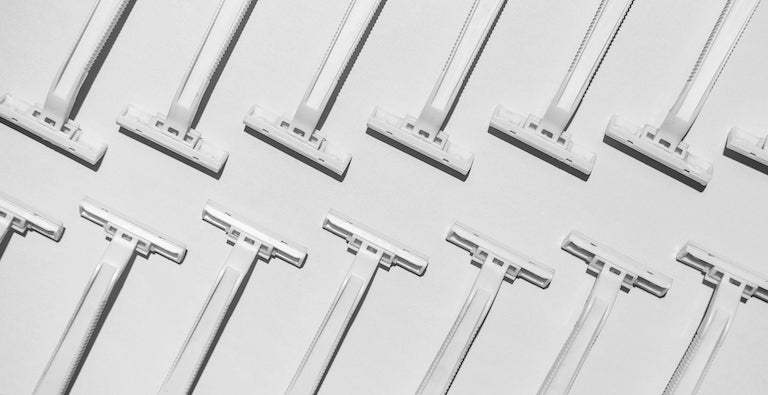The state of one's pubic hair " much like politics and religion " is a personal choice often only discussed with close friends. In the early 2000s, practically everyone I knew went hairless. But in the years since, pubic hair seems to have made a resurgence. According to an unscientific survey of women in their 20s and 30s " in other words, my friends " going bare is less popular than it used to be. Over the summer, Vogue even ruled that the Brazilian is out and the full bush is in.
While having more pubic hair might be on trend, studies show about 85 percent of women " and close to 66 percent of men " remove at least some of their hair. Research also shows that 60 percent of groomers report a health-related consequence, mostly skin abrasions or ingrown hairs. Extreme groomers " those who remove all of their pubic hair" were even more likely to experience an injury like a cut from shaving or a burn from waxing.
How you groom is up to you, but pubic hair has a lot of benefits " like regulating body temperature and protecting the labia from friction during sex or exercise. So whatever your grooming habit, here are some pros (and a few minor pitfalls) of having pubic hair.
Pubic hair attracts a mate
Having hair on the vulva helps the body hold onto our natural scent. Pubic hair shows up when we reach puberty and the follicles are near apocrine glands " like in the armpits " and absorb the pheromones those glands secrete, writes Dr. Lissa Rankin, a gynecologist and author of "What's Up Down There?". So not only does growing pubic hair signal that we've reached reproductive age, it can act as an erotic aid.
Grooming can lead to infections
If you've been shaving because you think it's more hygienic, feel free to put down the razor or wax strips. While almost 60 percent of women say they remove pubic hair for cleanliness reasons, getting rid of it " whether through shaving, waxing or another method " actually increases the risk of irritation and infection, writes Dr. Alyssa Dweck, a gynecologist and author of "The Complete A to Z for your V." Removing the hair can inflame the skin, leave microscopic cuts, or cause ingrown hairs, giving bacteria easy access to the body.
Though it's generally safe, if you use laser hair removal or electrolysis " passing an electrical current through your hair follicle " side effects can include infection, blisters, pigment changes, and scarring.
Hair removal and STIs
A national survey in 2016 showed that people who groom have a higher rate of STIs. Extreme groomers " those who take it all off " reported the highest correlation. This isn't to say grooming causes STIs. The connection might be because groomers report having more sex and more sexual partners in general, but removing hair might increase the risk of contracting certain STIs " like herpes, HPV, and syphilis " that are spread through skin-to-skin contact. Shaving or waxing can also irritate a skin condition called molluscum contagiosum " characterized by painless bumps that can get infected " which can be transmitted during sex.
A few benefits of grooming
As the rate of grooming has increased, the prevalence of pubic lice has decreased. Studies hypothesize that destroying the natural habitat of the parasite might be helping to get rid of them. However, if you get pubic lice, the best way to treat it is with over-the-counter lice-killing lotion, not simply shaving your pubic hair.
Letting pubic hair grow to its full potential can result in more sweating of the vulva. If you're prone to sweating, this could lead to more odors. Having more hair also means you might trap vaginal discharge or menstrual blood. Pubic hair helps keep bacteria and fluids away from the body to prevent irritation, but you can trim the hair to lessen any clumping, writes Dr. Rankin. Or, if you want to keep your pubic hair, just use some cleansing wipes or wash with fragrance-free soap to freshen up around your vagina.
How to remove hair safely
If you groom your pubic hair regularly " especially around your labia " make sure you don't shave, pluck, or wax haphazardly. Here are some of Dr. Dweck's tips for healthy grooming etiquette. If you're shaving and prone to razor burn or folliculitis " infected hair follicles " use a new blade every time. To lessen the chance for infection or irritation, wash the area first, use shaving cream or mild soap to lubricate the area, and always shave in the same direction the hair is growing. If you're waxing, opt for the hot kind. It's gentler and adheres to the hair and not the skin, writes Dweck.
Personal preference prevails
Whether you let your hair grow, shave it all off, or decide on a look somewhere in between, it's a personal choice. No matter what style you choose, do what feels comfortable for you. There's no reason you have to get rid of your pubic hair. But there's also no reason you have to keep it. In the end, it's up to you.
